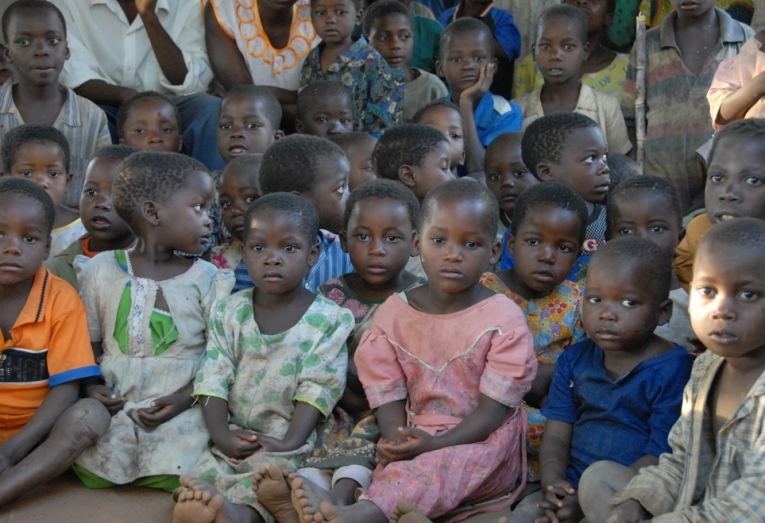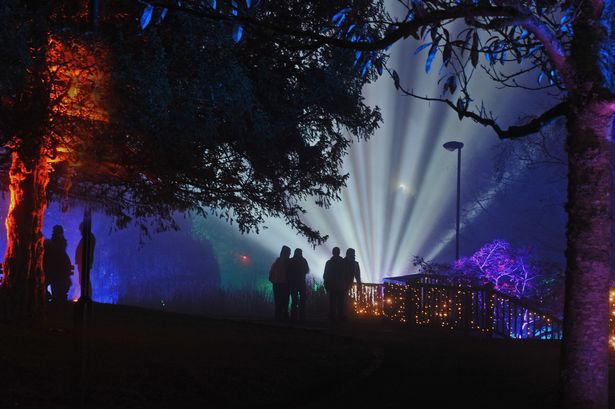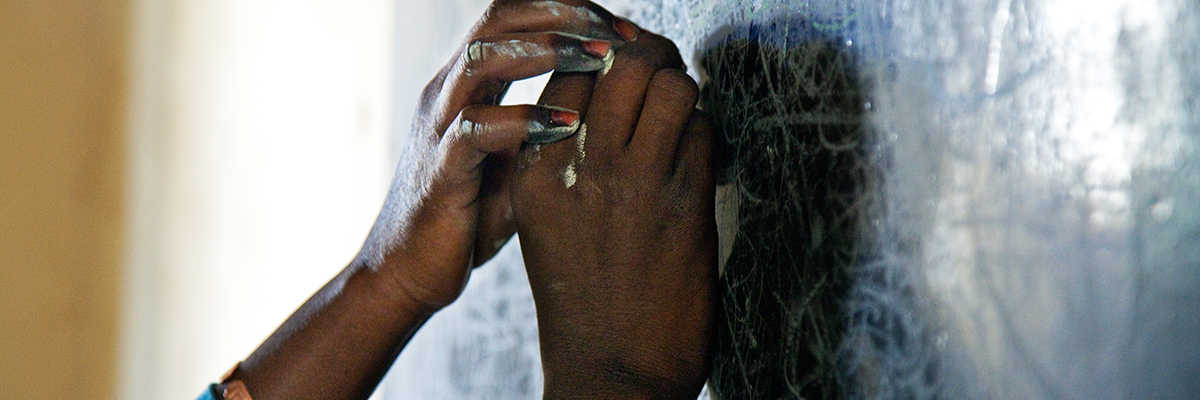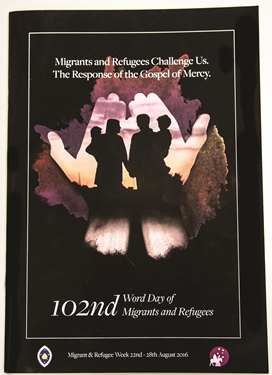


Being a witness can be a duty and it sometimes becomes an obligation that cannot be avoided.
It can be a pleasant task as it is to act as witnesses to the commitment of two people getting married.
It can be a painful experience to retell the details of an accident which one has witnessed.
And it can be very stressful to appear in court and, under oath, to say what one knows and sees as true.
In all these circumstances, a person is called to say clearly what he, or she, has seen, heard, and knows of a given situation.
In other words, the personal experience of the witness is what is required.
On this 2nd Sunday of the Year (A) the three scripture readings somehow refer to this aspect of human responsibility: witnessing.
Isaiah claims: “The Lord formed me in the womb to be his servant” (Is.49:3,5-6) and this service will be that of proclaiming God’s message to his people, speaking as a witness of what God has revealed to him.
In his turn, Paul affirms that he has been “appointed by God to be an apostle” (1 Cor.1:1-3), in other words he, too, will be asked to tell what he has experienced of the God of Jesus.
However, it is John the Baptist who speaks more clearly as he says of himself: “I have seen and I am the witness” (Jn.1:29-34).
Our times need witnesses no less than the past. It is easy to dismiss the fact that each Christian is called to be precisely that. Speaking for God, sharing Christ’s message, allowing the Spirit to lead me to speak when I should so that the truth may be known. The truth of who God is and what he calls us to be.
We need not be theologians, teachers, or specialists in explaining Bible texts. What is expected of us is simply letting our experience of God speak for itself… speak for Him!
Source: Images: wisconsinvows.com; 123RF.com; www.diminishedvalue.com; spiritualityhealth.com




 master his disability while still a child.
master his disability while still a child. 
 There are attitudes which can be helpful and make life easier and more pleasant. Other ways are less conducive to growth and happiness. One of these is called: ‘Getting used to’… Of course, the repetition of certain tasks can make them easier to perform. Exercise and practice can make one more proficient. But this does not apply to understanding some realities.
There are attitudes which can be helpful and make life easier and more pleasant. Other ways are less conducive to growth and happiness. One of these is called: ‘Getting used to’… Of course, the repetition of certain tasks can make them easier to perform. Exercise and practice can make one more proficient. But this does not apply to understanding some realities. Proverbs often have much wisdom encapsulated in a few words. They convey the popular wisdom which has much to tell us about life and situations.
Proverbs often have much wisdom encapsulated in a few words. They convey the popular wisdom which has much to tell us about life and situations. International Human Solidarity Day is:
International Human Solidarity Day is: The theme chosen by Pope Francis for 2016 is “Migrants and Refugees Challenge Us. The Response of the Gospel of Mercy.”
The theme chosen by Pope Francis for 2016 is “Migrants and Refugees Challenge Us. The Response of the Gospel of Mercy.”